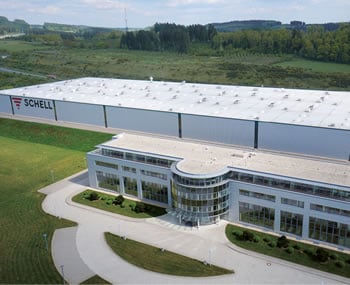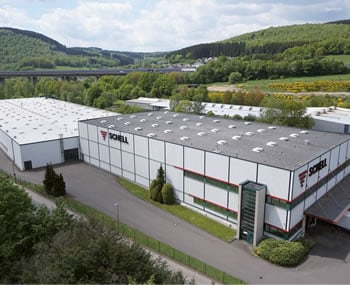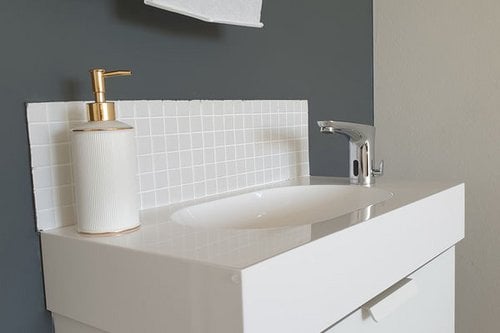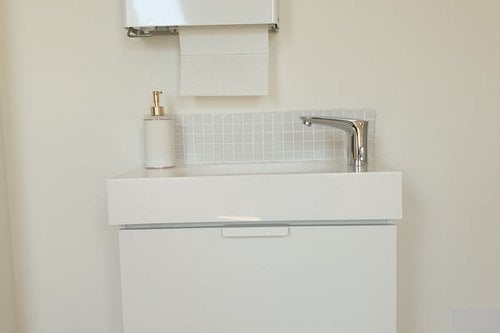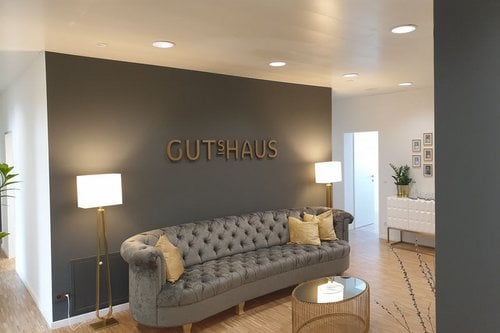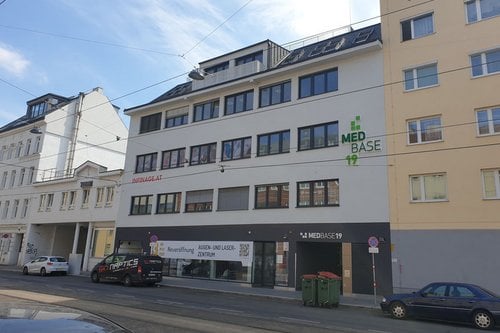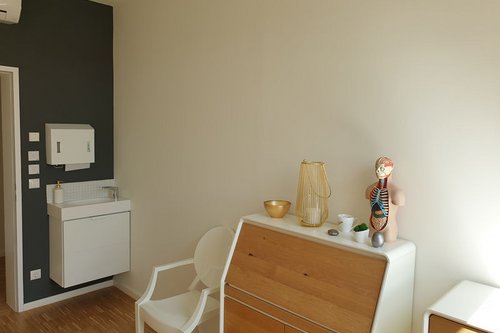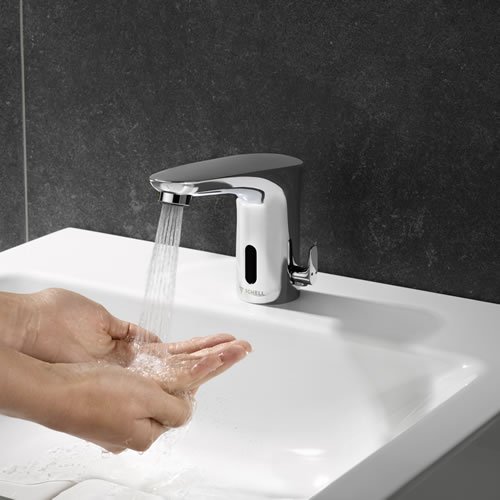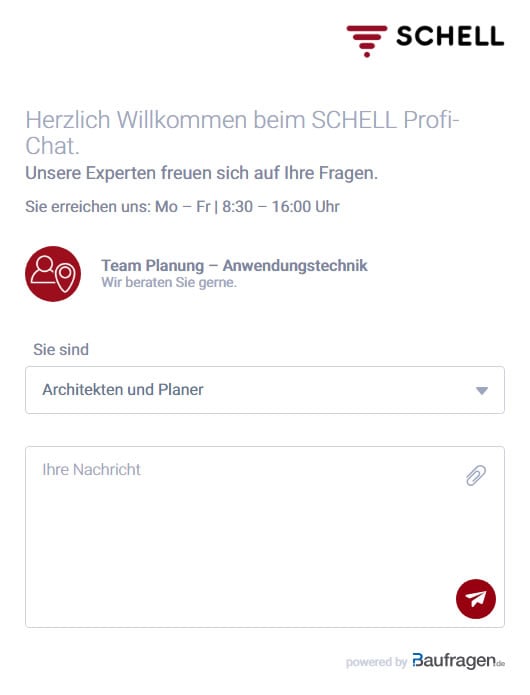Gutshaus Joint Medical Practice, Vienna
A holistic approach to health and hygiene
The Gutshaus joint medical practice in Vienna has set itself a truly unique challenge to master: to not only heal its patients of their aches and pains, but to help them along the path to enjoying a better quality of life.
Practice founder Philip van Haentjens was unhappy with traditional methods that focus solely on symptomatic treatment and accordingly decided to adopt a more holistic approach at the end of the 1990s. In the practice run by osteopath Haentjens, a heterogeneous team of kinesiologists, physiotherapists, homoeopaths and nutritionists now all work side by side. The practice’s 300 sqm of floor space in the 19th district of Austria’s capital city and its eight generously proportioned consulting rooms offer sufficient space to give the health of its patients more room in the truest sense of the word.
For obvious reasons, hygiene is a key priority in the healthcare sector, where contactless sensor fittings offer the best strategy for protecting personal health. According to the WHO, some 80 percent of all germs are passed on via the hands. Accordingly, the team at the Viennese joint practice subsequently decided to equip both the sanitary facilities and the hand wash basins in the consulting rooms with contactless MODUS E taps from SCHELL.
The right level of user hygiene at the right price
In public and semi-public facilities – such as doctor’s practices and hospitals, for example – facility managers currently face significantly more demanding requirements, both in terms of user hygiene and especially in terms of the capital spending necessary to achieve them. In consideration of all of these aspects, and as a specialist for fittings and solutions for public and semi-public sanitary facilities, SCHELL developed Modus E – its new and inexpensive line of electronic products.
Offering infrared-controlled, contactless operation, this range of fittings offers an optimum solution for protecting health, while the vandal-proof design also ensures product durability. These water-saving fittings feature a rugged metal body and are also equipped with a security mechanism to prevent deliberate obstruction of the infrared sensor. In terms of electronics, the Modus E is also protected against accidental polarity mix-ups during installation.
Safety is also a topic when it comes to drinking water hygiene: all Modus E fittings offer regular stagnation flushes to maintain drinking water hygiene and therefore support specified normal operation of a drinking water installation according to the German VDI 6023 standard. Automatic flushing takes place no later than 24 hours after the last usage – and naturally also on weekends or during annual holidays.
Variants for any situation
The wash basin variant for mixed water features a hot water shut-off, which can be activated by the plumber during installation. This simultaneously saves energy. Other models designed for cold water and pre-mixed water are also available, and these variants were installed as wash basin taps in the Viennese joint practice. Thanks to the savings they achieve in terms of water and energy, Modus E fittings support ecological building certification to the DNGB, BREAAM and LEED standards. For LEED certification in particular, SCHELL offers a flow regulator that manages to exceed the economical performance of the standard 3 l flow regulator by achieving just 1.33 l/minute.
The Modus E wash basin taps are also available as wall outlet variants. All models can be operated on either mains or battery power, so that conversion or retrofitting with these electronic fittings – as in the Gutshaus practice – is possible at any time. The flexible connection hoses with stainless steel braided sleeving are also very practical. All variants meet the noise class I standard and feature backflow preventers and pre-filters. All parts having contact with water comply with the German Drinking Water Ordinance (TrinkwV) and Federal Environment Agency guidelines. Components are easy to reach, making installation and maintenance – such as changing a battery when due, for example – as easy as possible.
Contactless safety in practice
As has been clearly demonstrated over the last few months, contactless electronic fittings for wash basins, kitchens, showers, WCs and urinals help to keep conditions hygienic in the sanitary facilities offered by semi-public, public and commercial buildings. Since the flow of water is activated without physical contact, this significantly reduces the risk of bacterial or viral transmission. Protecting the health of employees and patients in healthcare facilities is of immense importance. A systematic changeover to contactless electronic fittings is nothing less than an investment in the future – both for all patients at the Gutshaus Joint Medical Practice and all those who work there.

![[Translate to English:] [Translate to English:]](/fileadmin/_processed_/1/b/csm_symstemloesungen_e2_thumb_6bca267f26.jpg)
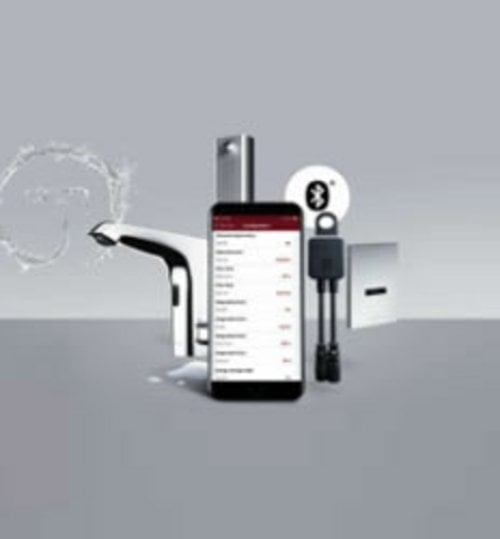
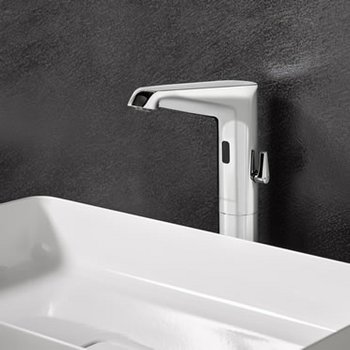
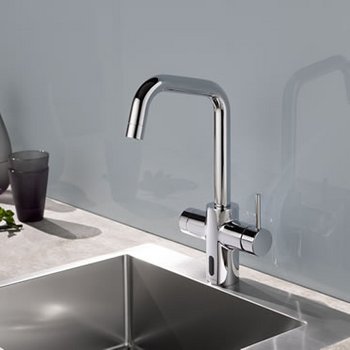
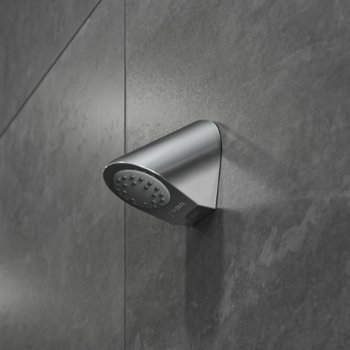
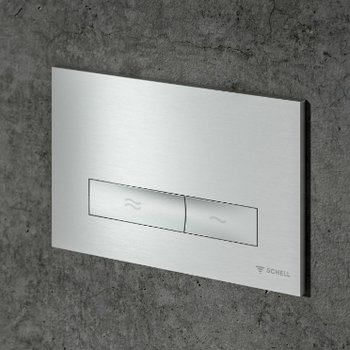
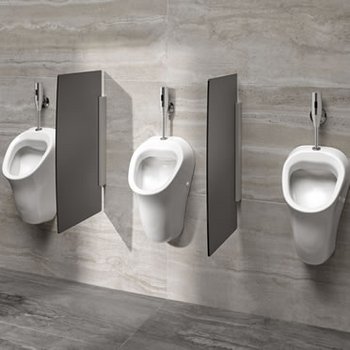
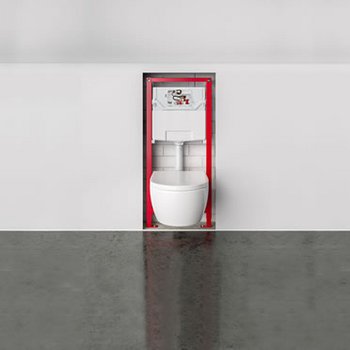
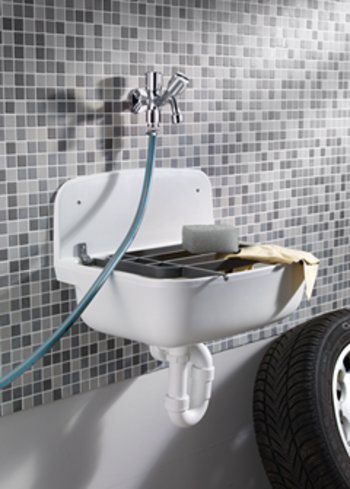
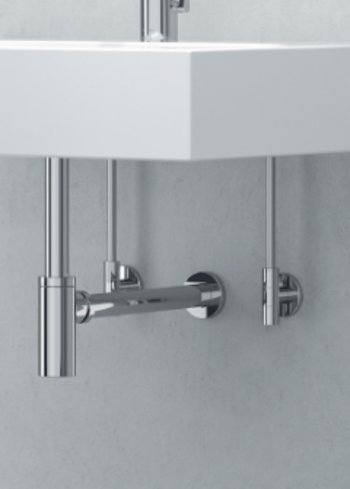
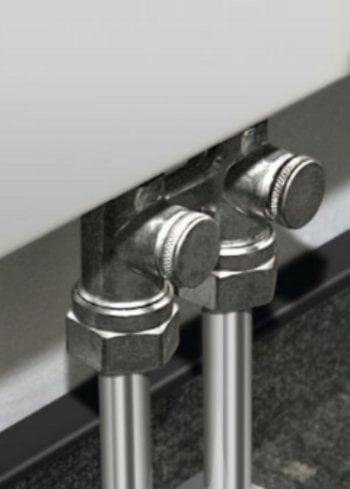
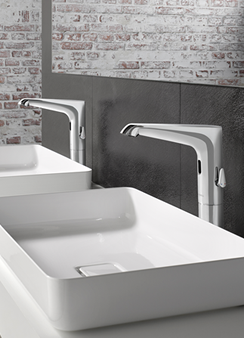
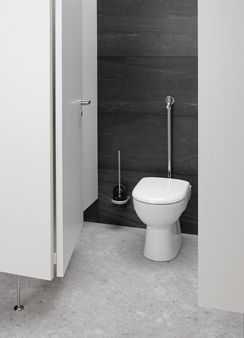
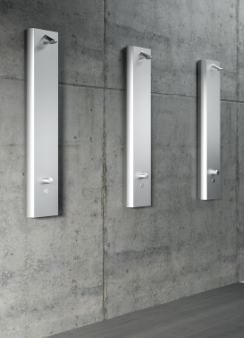
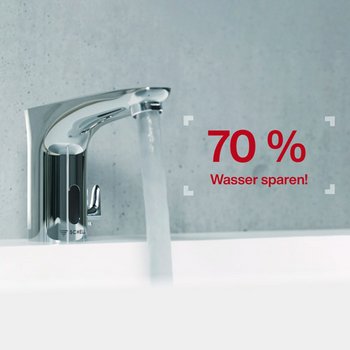
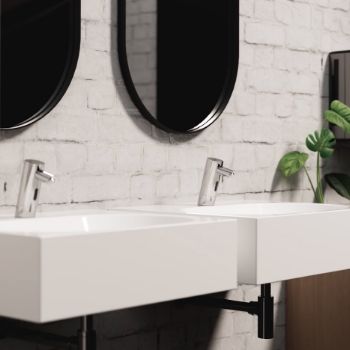

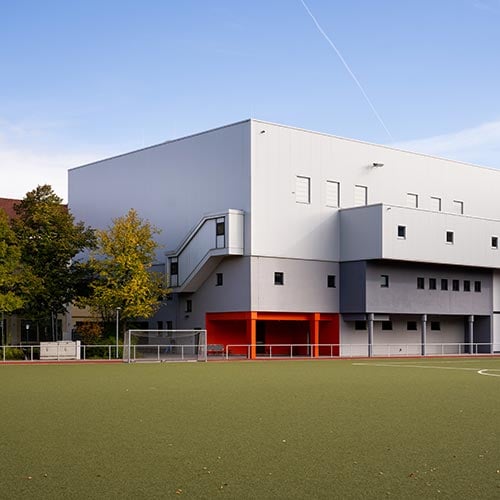
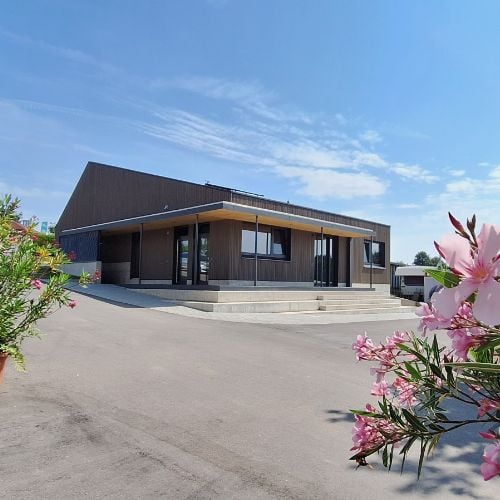

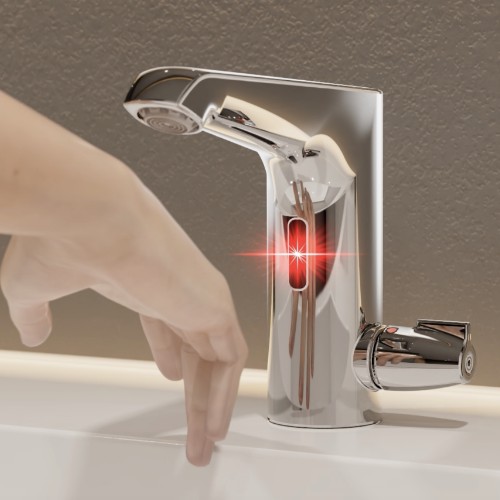
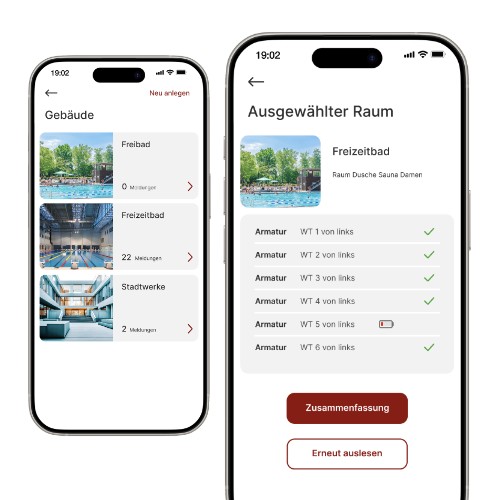
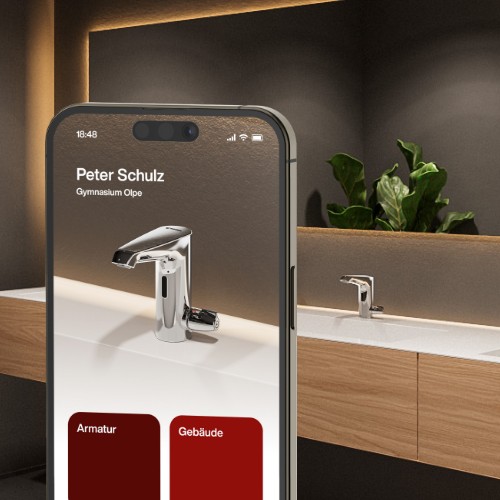
![[Translate to English:] [Translate to English:]](/fileadmin/user_upload/images/menu/menu_service_downloads_broschueren.jpg)
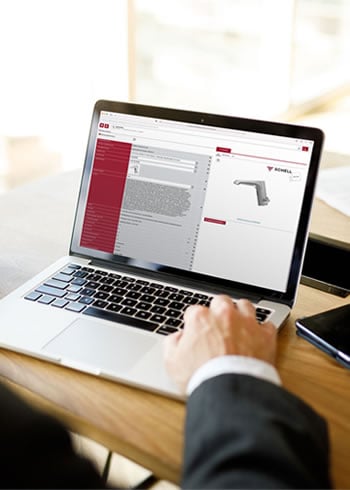
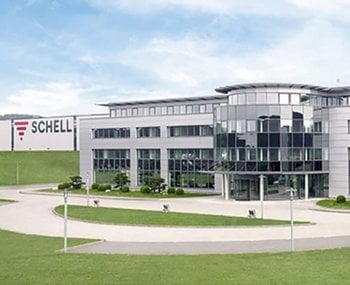


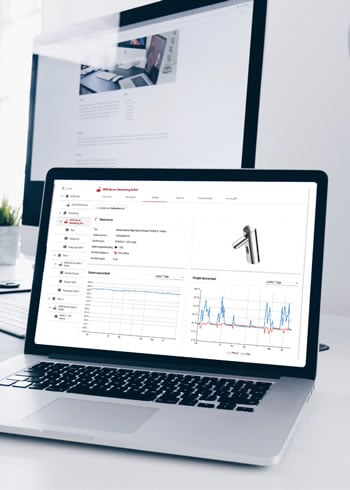
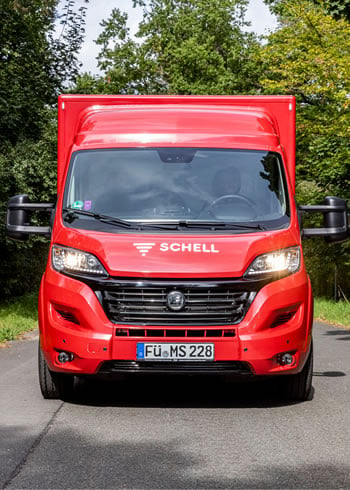
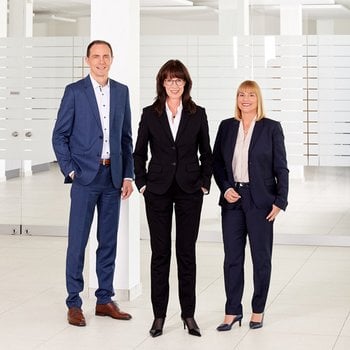
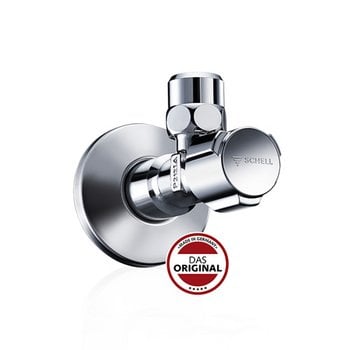
![[Translate to English:] [Translate to English:]](/fileadmin/_processed_/7/7/csm_menu_unternehmen_ueber-schell_awards_f6cec25b1d.jpg)
![[Translate to English:] [Translate to English:]](/fileadmin/_processed_/a/0/csm_menu_unternehmen_ueber-schell_wasser-sparen_41036d2dd9.jpg)


